COVID-19 is taking a toll on the world and maintaining good nutrition during food shortage will become very important. It is our hope that Africa would be able to control the spread before it reaches a large number of people. This is because our health and food systems in Africa are too weak to handle the burden. Those with strong health systems like in Europe are struggling and fighting hard to keep their heads above water.
To contain the spread, a lock down is the approach many African countries are using. E.g. some parts of Nigeria are on lock down for 14 days.
While, it is important to stay indoors, there is the issue of access to food. We’ve been asked to stock up on food and other essential provisions for the period of the 14 days, however, there are a lot of people who live from hand to mouth every day. Apart from the lock down, borders have been closed at country level and even within states.
The challenges of food insecurity have existed for a long time and situations such as this COVID-19 crisis might exacerbate it if the lock down does not end in good time.
For one, there is already a disruption in food supply and its effect will be more visible when the lock down is over.
Numerous researches have shown how people cope generally during crises that affect their access (physical and economic) to food.
The ways people usually cope are:
- They decrease meal frequency (skipping meals) and reduce portion size
- They buy less preferred food
- They eat low quality food
- They borrow money and food
- They receive food and money aids
- They dispose of personal possessions such as jewelry and other assets
Here are a few strategies that can help you maintain good nutrition during food shortages that might arise from COVID-19.
- Mentally prepare for the situation
Take time to analyze your current situation. Analyze how much food you have in stock, how many people you have to feed and if what you have can stretch for longer than the period of lock down. While we should always be positive, you need to study the worst case scenario to the best of your ability. Explore different ideas on how to ensure that the worst case is not realized. Be positive and communicate with others. From interaction, you might have an idea or two about what your next move might be and if there is none at least you reach out to people going through the same challenges that you are going through to provide some mental support and encouragement.
- Exclusively breastfeed infants under 6 months
For infants under 6 months, exclusive breastfeeding should be the sole food consumed. It would cut out cost of other milks and additional expenses for food for that infant. It would protect the health of the child as well as the mother.
Infants older than 6 months should be fed other foods but breastfeeding should continue up to 2 years or beyond.
- Prioritize protein-rich foods
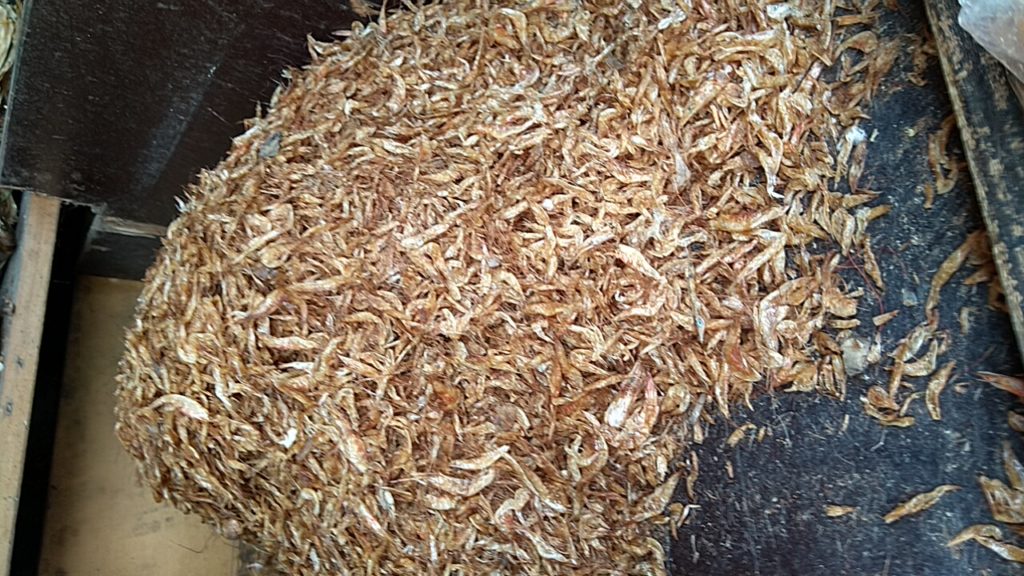
In crisis situations, protein-rich foods as well as fruits and vegetables are the first food groups that are slashed off the food list when planning meals. Protein-rich foods provide a lot of micronutrients in addition to protein so they need to be prioritized. They include beans, animal source foods like chicken, fish, shrimps and egg. These can help to prevent malnutrition.
- Stock up on dry foods with good nutritional value
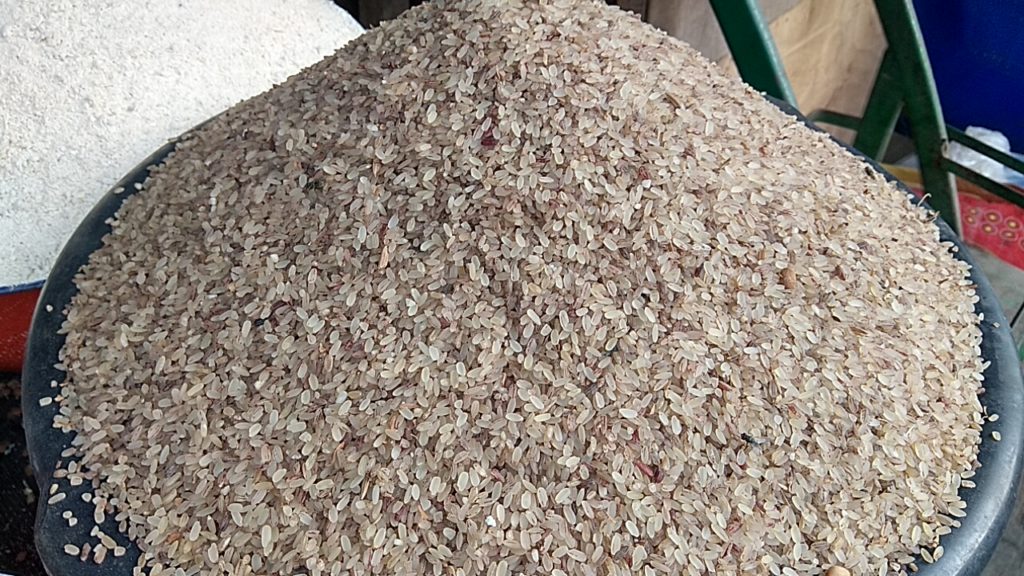
Stock up on dry foods that have good nutritional value or can have when properly paired. Examples are beans, rice, groundnuts, Egusi, Garri, Ogbono, crayfish.
- Utilize your knowledge of food groups
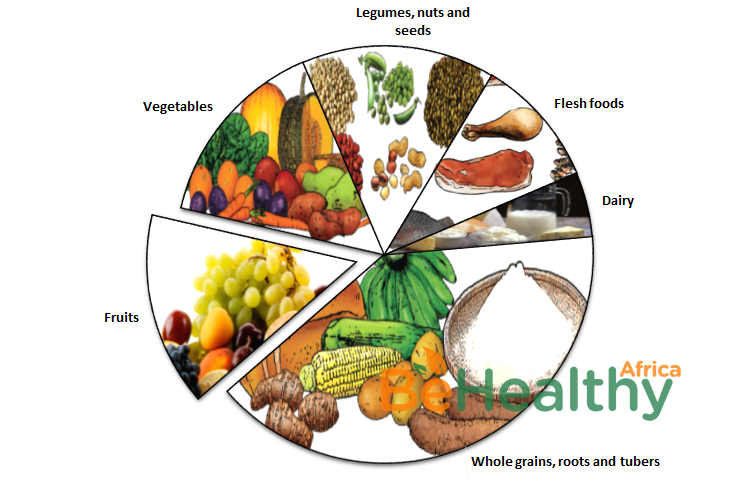
You need to utilize your knowledge of food groups in pairing your foods. This will help you maintain good nutrition as well as help with conserving your resources. For example, a meal of rice and beans provides you with all the essential amino acids and you do not need to add extra fish or meat. Another example is Eba and Egusi soup. Egusi contains protein as well as fats. However, because the protein is not complete, adding a couple of tablespoons of ground dried shrimps will improve the nutritional quality of Egusi and you do not have to embellish the soup with numerous proteins if you cannot afford it.
- Use multivitamins
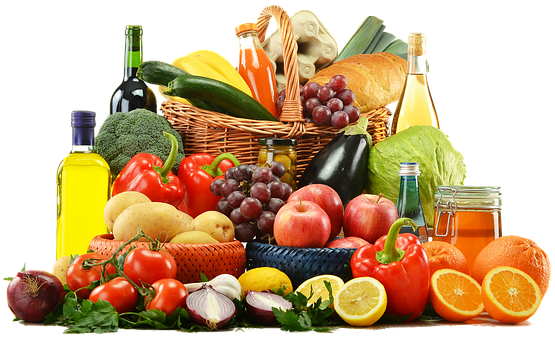
Use multivitamins if you can afford to especially when your supply of food is low and quality is not at the forefront of your mind. This is particularly important for those who could not afford lots of fruits and vegetables during this time and cannot preserve them by freezing and other methods.
However, if you can get fruits and vegetables on your plate everyday, you might not need to use multivitamin supplements.
- Maintain Hygiene

Hygiene is important during this period. Hand washing, apart from preventing spread of corona virus, helps to prevent diarrhea diseases and other hygiene-related illnesses.
- Grow vegetables
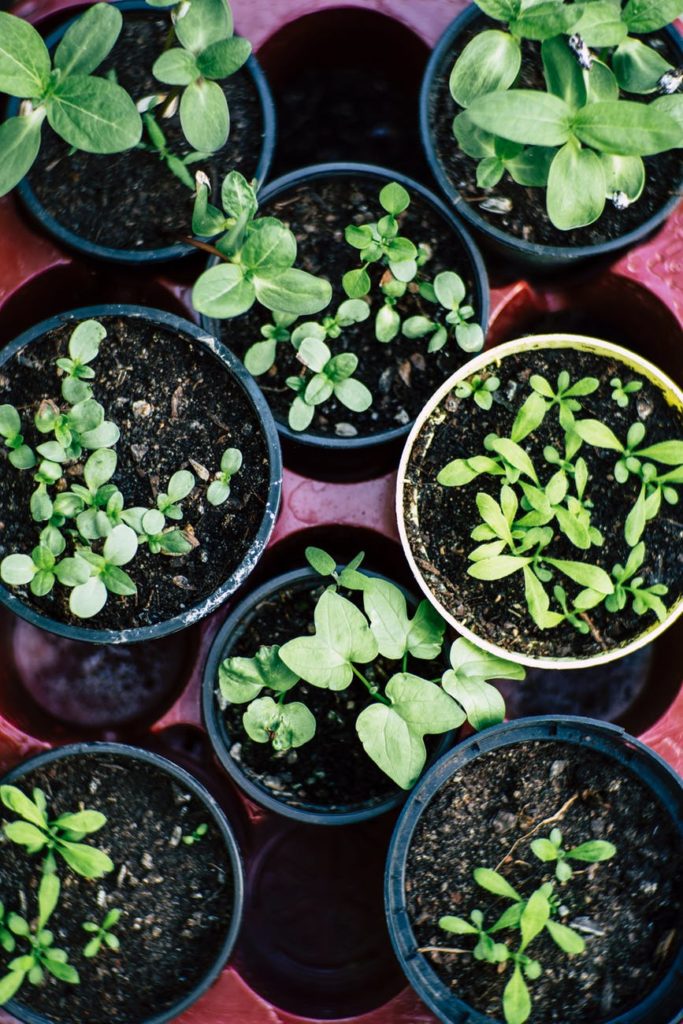
You might consider growing some foods. Shortages bring out the ‘creator’ role in people. You find people planting vegetables or foods that can grow quickly in their environments even with poor soil. It is worth a try especially during this lockdown. You can also turn this into a learning activity for children.
In a Nutshell
Maintaining good nutrition during crises is not an easy task but with some effort you can achieve it while the government carries out necessary tasks to end food shortage during this period. There might be some growing apprehension about the uncertainty of food supply and possibly hike in food prices the days and weeks after the lock down, but it is my hope that the government and private sector involved in the food value chain would do the needful to ensure that these apprehensions do not become the reality.
In all, eat better, live better and stay safe.
To keep abreast of credible information about COVID-19 in Nigeria, go to www.ncdc.gov.ng



Very good write up. Simple language for every one to understand.
Local available examples were given.
Keep it up
Give more substitute for different age groups
Thank you Ma. I will work on it.
Thanks for this write up on foods at this time of lockdown for the Covid-19. Simple and straight to the point. Blessings.
Dr. Helen Ollor
Thank you Ma.